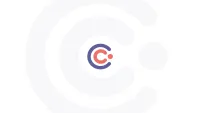
Computational Commutative Algebra 
This course covers the fundamentals of Computational Commutative Algebra, including topics such as rings and ideals, ring homomorphisms, Groebner bases, modules, associated primes and primary decomposition, integral extensions, Noether normalization, Hilbert functions, dimension theory, and applications to geometry. Homological algebra topics such as depth, Koszul complex, free resolutions, and Auslander-Buchsbaum formula are also discussed. ▼
ADVERTISEMENT
Course Feature
![]() Cost:
Cost:
Free
![]() Provider:
Provider:
Swayam
![]() Certificate:
Certificate:
No Information
![]() Language:
Language:
English
![]() Start Date:
Start Date:
Self Paced
Course Overview
❗The content presented here is sourced directly from Swayam platform. For comprehensive course details, including enrollment information, simply click on the 'Go to class' link on our website.
Updated in [May 25th, 2023]
This course provides an introduction to Computational Commutative Algebra. In the first week, topics such as rings and ideals, ring homomorphisms, Hilbert basis theorem, Hilbert Nullstellensatz, and introduction to Macaulay2 will be discussed. Week 2 will focus on Groebner bases, ideal membership, and solving systems of polynomial rings. Week 3 will cover modules. Week 4 and 5 will be dedicated to associated primes and primary decomposition. Week 6 and 7 will focus on integral extensions, integral closure, and Noether normalization. Week 8 and 9 will cover Hilbert functions and dimension theory. Week 10 will discuss applications to geometry. Week 11 will cover homological algebra, including depth and Koszul complex. Finally, week 12 will focus on homological algebra, free resolutions, and Auslander-Buchsbaum formula.
[Applications]
The application of this course in Computational Commutative Algebra can be seen in various areas such as algebraic geometry, algebraic number theory, and algebraic topology. It can be used to solve systems of polynomial equations, compute Groebner bases, and compute primary decompositions of ideals. It can also be used to compute integral closures, Noether normalizations, and Hilbert functions. Furthermore, it can be used to study homological algebra, depth, and Koszul complexes. Finally, it can be used to study applications to geometry.
[Career Paths]
1. Data Scientist: Data Scientists use computational algebra to analyze large datasets and uncover patterns and trends. They use algorithms and statistical models to identify correlations and draw insights from data. They also develop predictive models to forecast future outcomes. As data science continues to grow in importance, the demand for data scientists with a strong background in computational algebra is expected to increase.
2. Software Engineer: Software Engineers use computational algebra to develop software applications and systems. They use algorithms and mathematical models to design and implement software solutions. They also use computational algebra to optimize software performance and ensure accuracy. As software engineering continues to evolve, the demand for software engineers with a strong background in computational algebra is expected to increase.
3. Machine Learning Engineer: Machine Learning Engineers use computational algebra to develop and implement machine learning algorithms. They use algorithms and mathematical models to design and implement machine learning solutions. They also use computational algebra to optimize machine learning performance and ensure accuracy. As machine learning continues to grow in importance, the demand for machine learning engineers with a strong background in computational algebra is expected to increase.
4. Research Scientist: Research Scientists use computational algebra to conduct research and develop new algorithms and mathematical models. They use algorithms and mathematical models to analyze data and draw insights from it. They also use computational algebra to develop new theories and applications. As research continues to evolve, the demand for research scientists with a strong background in computational algebra is expected to increase.
[Education Paths]
1. Bachelor of Science in Computer Science: This degree path focuses on the fundamentals of computer science, including programming, algorithms, data structures, and software engineering. It also covers topics such as artificial intelligence, machine learning, and computer graphics. As technology continues to evolve, this degree path is becoming increasingly important for those looking to stay ahead of the curve.
2. Master of Science in Computational Mathematics: This degree path focuses on the application of mathematics to solve complex problems. It covers topics such as numerical analysis, optimization, and scientific computing. It also covers topics such as machine learning, data mining, and artificial intelligence. As technology continues to evolve, this degree path is becoming increasingly important for those looking to stay ahead of the curve.
3. Doctor of Philosophy in Computational Commutative Algebra: This degree path focuses on the application of algebraic techniques to solve problems in computational commutative algebra. It covers topics such as Groebner bases, ideal membership, solving systems of polynomial rings, modules, associated primes and primary decomposition, integral extensions, integral closure, Noether normalization, Hilbert functions, and dimension theory. As technology continues to evolve, this degree path is becoming increasingly important for those looking to stay ahead of the curve.
4. Master of Science in Applied Mathematics: This degree path focuses on the application of mathematics to solve real-world problems. It covers topics such as numerical analysis, optimization, and scientific computing. It also covers topics such as machine learning, data mining, and artificial intelligence. As technology continues to evolve, this degree path is becoming increasingly important for those looking to stay ahead of the curve.
Course Provider

Provider Swayam's Stats at AZClass
Discussion and Reviews
0.0 (Based on 0 reviews)
Explore Similar Online Courses
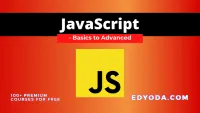
JavaScript - Basics to Advanced

Foundations of E-Commerce

Python for Informatics: Exploring Information

Social Network Analysis

Introduction to Systematic Review and Meta-Analysis

The Analytics Edge

DCO042 - Python For Informatics

Causal Diagrams: Draw Your Assumptions Before Your Conclusions

Whole genome sequencing of bacterial genomes - tools and applications
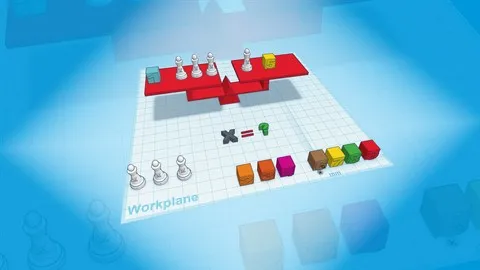
Algebra
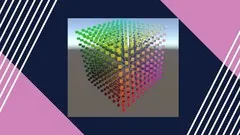
Mathematics - Matrices
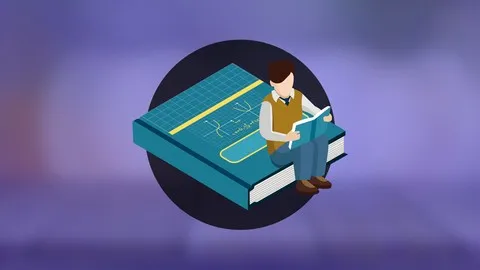

Start your review of Computational Commutative Algebra